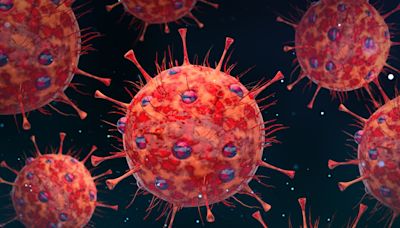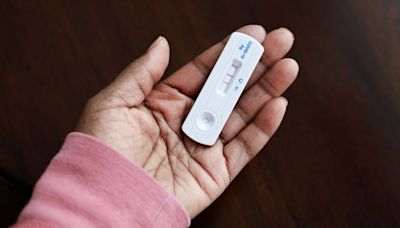Search results
What is COVID-19? COVID-19 (coronavirus disease 2019) is a disease caused by a virus named SARS-CoV-2. It can be very contagious and spreads quickly. Over one million people have died from COVID-19 in the United States. COVID-19 most often causes respiratory symptoms that can feel much like a cold, the flu, or pneumonia.
Dec 11, 2023 · Most—but not all—of us will no longer be infectious by day 10. Once you’re sneezing, you are infectious. — Sharon Nachman, MD. Can You Be Contagious If You Don’t Have Symptoms? Once your symptoms get better, the chances of you getting someone else sick are low—but it’s not impossible.
Mar 15, 2024 · A: People with COVID-19 could potentially transmit it to others well beyond a day after developing symptoms or testing positive.
May 3, 2024 · As a general rule, most people who get COVID-19 are no longer contagious 10 days after the appearance of symptoms or after testing positive for the virus. While there is significant variation in the risk of transmission, most cases follow the same general timeline once symptoms develop.
Jan 7, 2024 · When Is COVID-19 the Most Contagious? Researchers estimate that people who get infected with COVID-19 can spread it to others 2-3 days before symptoms start and are most contagious 1-2...
Jul 23, 2021 · According to the Centers for Disease Control and Prevention (CDC), most people with mild-to-moderate COVID-19 are infectious for up to 14 days following initial exposure. This is known as...



